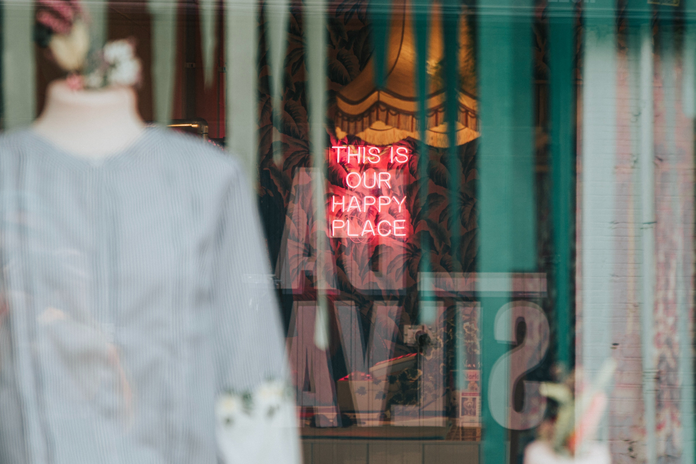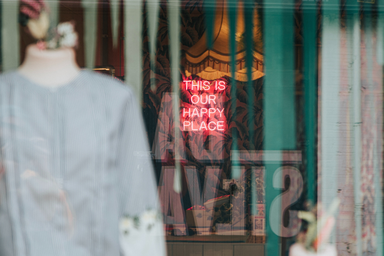I have a confession to make: I am a daydreamer.
This two-syllable word can be used as a verb or an adjective, however, it typically relates to children. I was told when I was a kid that despite straight A’s and good behavior, my one fault was a wandering mind. “I don’t know where your head is at…” is something I heard a lot from “adults” as I grew up. Usually daydreaming is a symptom that goes away gradually by age, yet here I am at twenty-one years old, not wanting to get my head out of those clouds. My mind tends to wander a lot, and I’ve never stopped daydreaming.
Whenever someone asks me, “What was your favorite age?” I usually answer with age three. Now at first, this used to be my answer because it is the only age when pants are optional without consequence and who doesn’t love that. However, upon further reflection, I was able to dissect why I missed being three so much. I’m convinced I was much happier right before I was in school, which was when I was three. Curiosity is at its peak then, and you’re truly exploring the world for the first time ever without inhibition. Since I know I will never physically be that small again, I tend to my inner child often through taking photos, buying tiny things, and eating too many sweets. Since I engage frequently with these behaviors, I often get told I act like a child, or that I need to grow up soon, and I’ve always wondered, why?
What is this “fun” thing they call adulthood with suits and bills and bad coffee? More importantly, why do I want to aspire to that? I think quite often people mistaken being an adult as losing that childlike part of yourself. You must work all the time, have it all together, complain for sport, etc. I don’t buy that charade. It doesn’t seem fun, and let’s be honest nobody ever has it together. I tried blending into that “adult world”, and it was miserable. 12 hour days, neutral palette outfits, and weird coffee names that you can only have in America. Instead of succumbing to the misery, I decided to do other things with my time rather than focus on responsibility. I wanted to have fun and was doing it at the expense of prospective adulthood.
This led to heavy procrastination, coasting through school, and literally choosing to do anything besides school or internship work. I would take walks, take pictures all day and even go to the movies. Given the attendance policy, of course, my behavior was prone to catch up with me. It only led to delaying the inevitable which was stress and oh-so-not-fun responsibility. I learned the hard way that the bottom line was I couldn’t be or act like a kid anymore, but I did not want to be an adult either. I felt stuck not knowing how to live in a world where my idealism and daydreaming couldn’t manifest and meet reality.

There’s no going back to unlearning something, as so much of our childhood is learning and exploring the world for the first time. The older we get, the less willing we are to learn and be curious, and our inner child begins to fade. Not because we intend for it to, but because we start knowing too much. We become cynical, we work, we drink bad coffee, and we “adult”. We lose the ability to dream and worse the ability to truly live life. If we can’t get excited by the little things in life the way we do when we’re children, we slowly lose the part of ourselves that makes life exciting, therefore slowly decaying our spirit. Adulthood does not have to be boring and mundane. By tending to your inner child, even the grayness of adulthood can be seen as an adventure.
There is a difference between “childlikeness” and “childishness”. I am not saying you should act the way children do, but rather consider looking at the world around you as if you were still a kid. Don’t throw tantrums in public, but do ugly cry to Celine Dion. Don’t eat ice cream for dinner, but do treat yourself to an afternoon cookie every now and then. Don’t get a puppy on an impulse, but… actually maybe do if you’ve got the money and space. Do blow bubbles, make cloud animals, play video games, or whatever your inner child needs. The key to navigating adult life is by harnessing that inner child. If you’re still a skeptic consider this: Three-year-olds run into walls, fall, and tumble without fail constantly. They may cry, and then they get back up and keep living. In your adult life, whatever wall you come by, whether emotional, professional, or relational, channel your inner child: Run, crash, cry, and move on.



